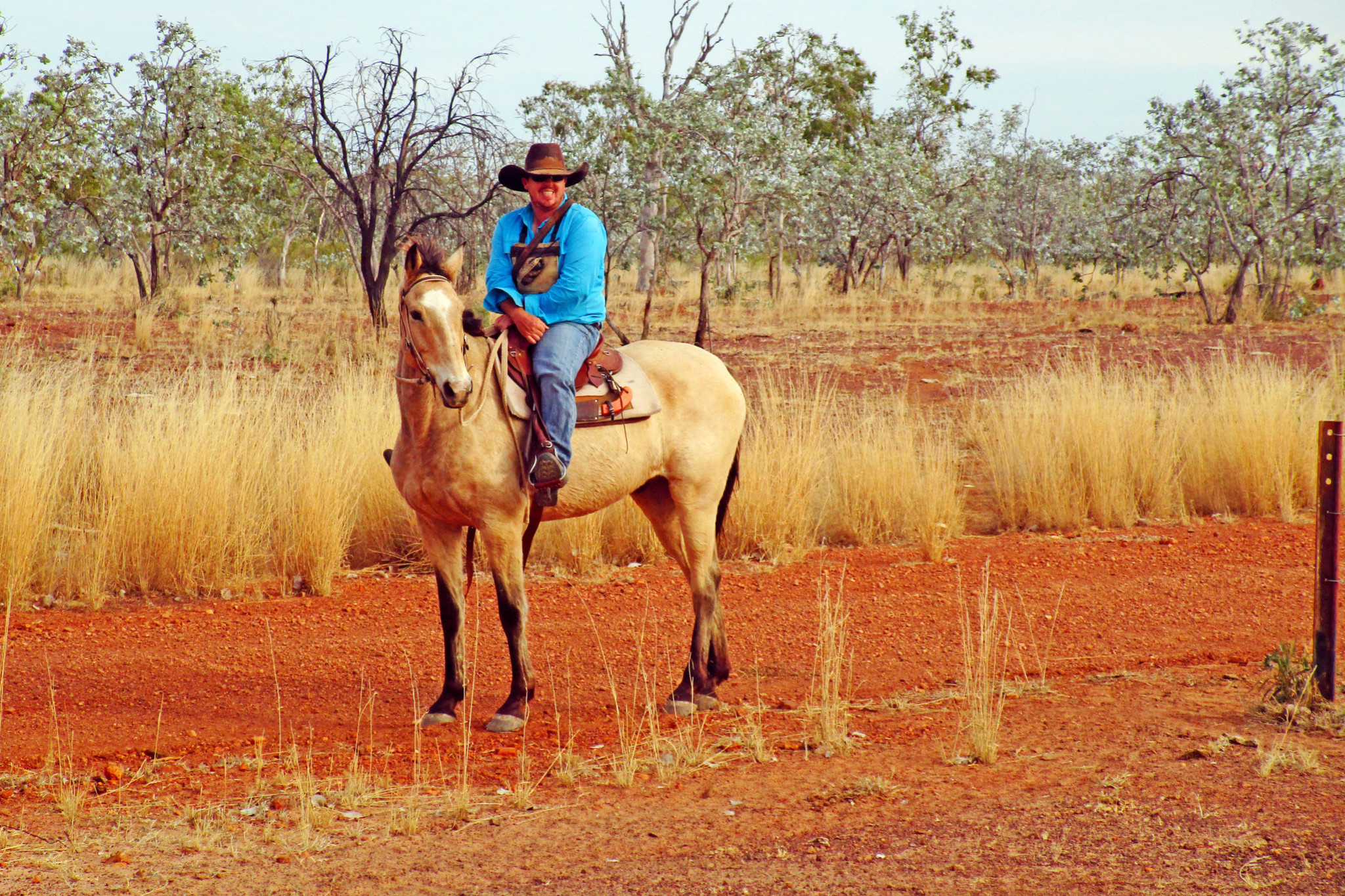General News
2 October, 2024
Station workers full of praise for Outback's aeromedical services
Josh Ward and his wife Anne Webber say they couldn't do their job without the RFDS and LifeFlight a call away.

Anne Webber says she wouldn’t want to work in the bush if services like LifeFlight and the Royal Flying Doctors didn’t exist.
She knows too many cases of remote cattle station workers needing critical care, with many of them her own family members.
That included earlier this year, when husband Josh Ward fell off his horse while mustering on her family’s property Mellish Park, near Gregory Downs.
“Mate, LifeFlight and RFDS are second to none,” Anne told North West Weekly.
“In all honesty, you get the best service you can possibly have.
“You can even go to a clinic on a weekly basis in Gregory and see a doctor. I mean if you try to make a doctor’s appointment in Longreach you’ve got to wait a month to see a bloody doctor.
“My brother, my father, my mother and my sister have all been saved by the Flying Doctors.”
Anne and Josh live on a property near Longreach but are often up in the Gulf country helping out her family on Mellish Park.
She said mustering and other farm work was dangerous, which meant it was critical to have aeromedical services to call upon.
That’s what happened when Josh had his accident on June 25.
He was mustering cattle late in the afternoon when a beast broke away from the mob. The sun was low, which made it difficult for him to see, and he was travelling “fairly fast” to chase after it when he ran into a big, rocky, two-metre-deep hole in the long grass.
With a slowly deflating, punctured lung, the fall left Josh struggling to breathe. The nearest hospital was four hours away.
“I fell very heavily on my left side,” he said.
“I was laying there thinking: ‘you’re alright – you are just winded’. I managed to get myself up on my feet and that was excruciating.
“I knew something was wrong,” he said. “So, I said: ‘righto, can somebody please call somebody to help me?’”
When his mother-in-law, Bev, phoned the RFDS their advice was not to move him.
However, with the help of a colleague, Josh managed to get himself onto a quad bike and slowly drove around 500 metres through the paddock to the main access road to the station.
Josh tried using the green whistle from the RFDS chest that every remote station keeps, but recalled it offered little relief.
“To be honest, it didn’t do a lot for the pain,” Josh said.
The LifeFlight helicopter pilot wore night vision goggles and was able to land in the paddock next to Josh, guided by the headlights of two cars.
The Queensland Ambulance Service critical care flight paramedic gave Josh a shot of ketamine that quickly eased his pain.
“That kicked in pretty quickly and they were able to get me to the helicopter just on the buggy with the flight paramedic walking beside me,” Josh said.
“They put me on a stretcher, got a drip into my arm for more pain killers and then they flew me to Mount Isa Hospital.”
It’s not the first time his family has needed an aeromedical team.
“In our line of work, accidents happen all the time,” he said.
“Working up in this part of the world, we rely on organisations like LifeFlight and the RFDS.
“My brother-in-law ruptured his spleen and fractured ribs when a horse bucked and my father-in-law was also injured with fractured ribs, a smashed tail bone and a cracked pelvis when a horse rolled on him.
“We wouldn’t be able to survive up here without organisations like LifeFlight.
“It’s just amazing what they do. They were excellent – you couldn’t have wished for a better service.”